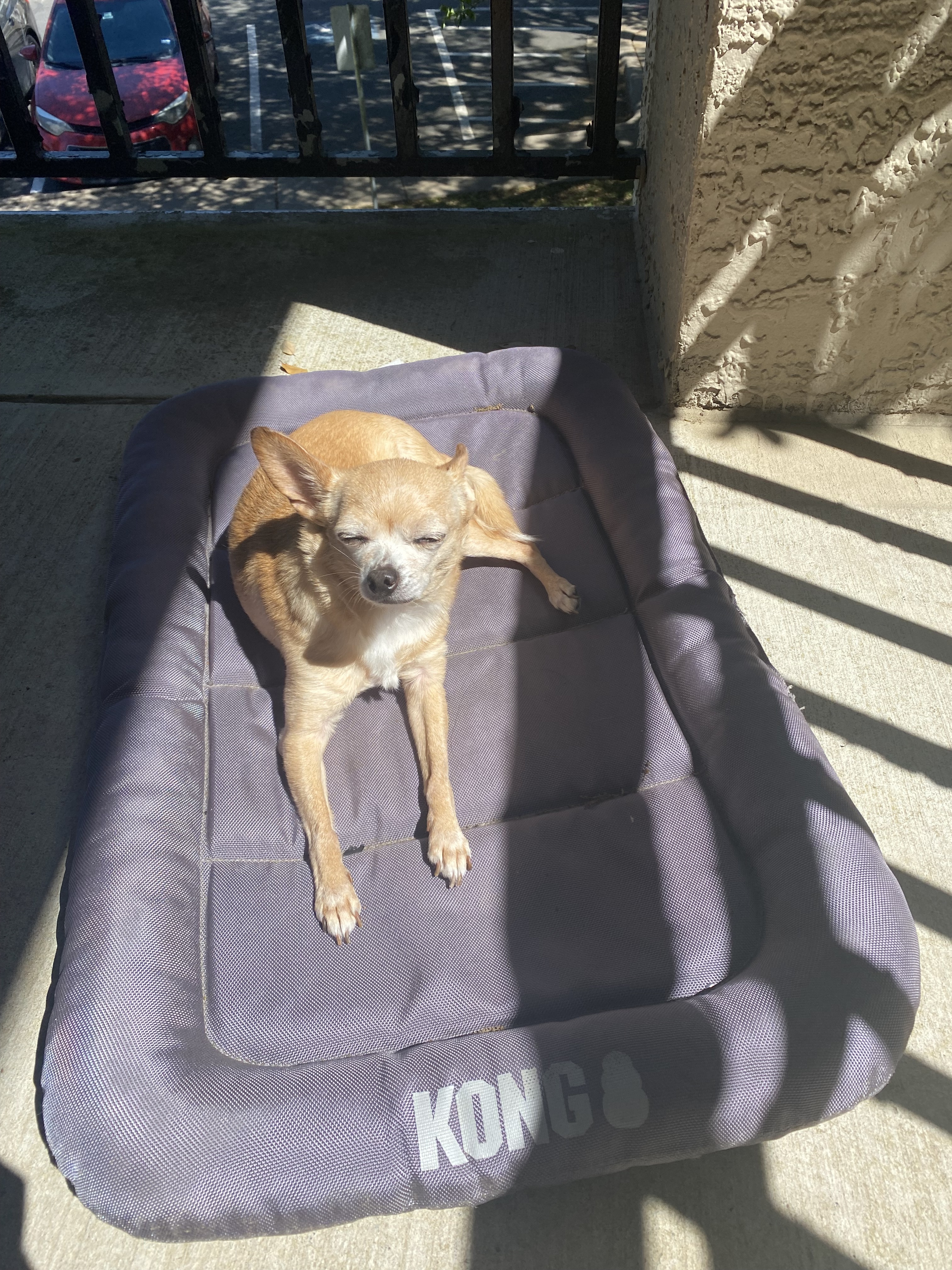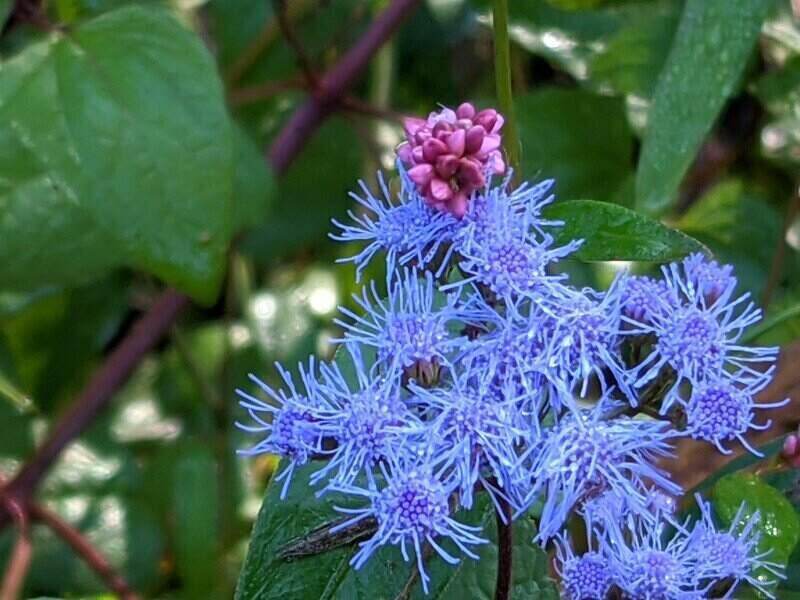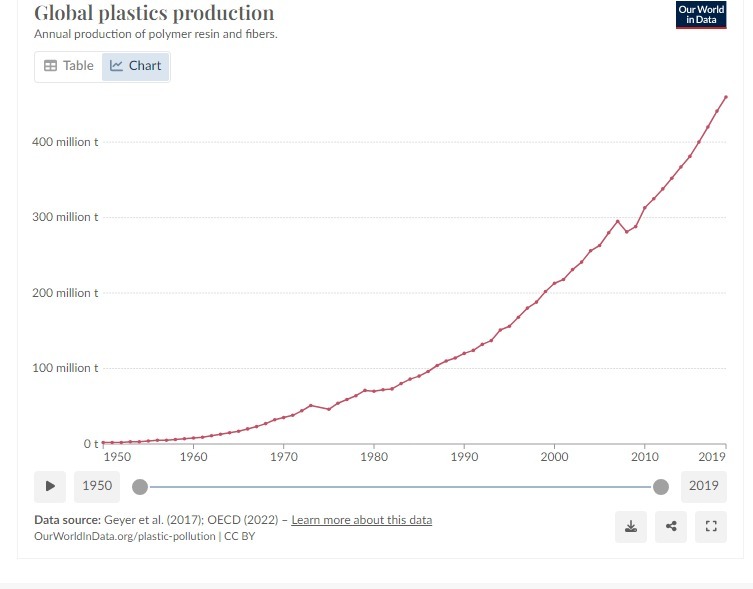-
 Andrew Eddy 4/07/2024 8:30 PM
Andrew Eddy 4/07/2024 8:30 PM
Andrew Eddy
POINTS TOTAL
- 0 TODAY
- 0 THIS WEEK
- 610 TOTAL
participant impact
-
UP TO85plastic bottlesnot sent to the landfill
-
UP TO685minutesspent outdoors
-
UP TO10minutesspent learning
Andrew's actions
Action Track: Community
Sustainability Lunch and Learn
Learning in a social setting can inspire connection and change. I will work with a friend or colleague to plan and host a lunch and learn at work, school, in my neighborhood or other location to learn more about an environmental topic important to me. After the lunch and learn, I will share more about it on the feed.
Land + Forests
Personal Waste Audit
The waste we create daily can go unnoticed. I will track the waste I create in a day and post a photo log on the feed to see how much I create and where I can make different choices to reduce my waste going forward.
Action Track: Community
Join a Cleanup Effort
I will organize or participate in a trash pickup at a local river, beach, or natural body of water.
Action Track: Community
Share My "Why"
I will record a video to share why I am taking action this Earth Month, a sustainable swap I've made, and/or a local conservation effort in my area.
Action Track: Community
Keep My Community Clean
At times it may not feel like it's up to us to keep our community clean and healthy, but we all have a role to play. Each day I am outside, I will pick up any litter I see.
Freshwater + Oceans
Understand My Water Footprint
Each of us has a water footprint, directly linked to our daily activities as well as the water required in the production of things we use each day. Understanding our water use is important for a healthy planet. I will calculate my water footprint and look for a few ways I can reduce consumption or waste, then share what I learned on the feed.
Freshwater + Oceans
Dishwasher Efficiency
Hand washing dishes can use more energy and hot water than a dishwasher. To save water, I will use a dishwasher and scrape, rather than rinse, dishes before loading them into the dishwasher.
Freshwater + Oceans
Use a Reusable Water Bottle
It's estimated over a billion water bottles are thrown away each year. Even if they were recycled, that still uses energy and resources from the earth. I will use a reusable bottle and stop purchasing bottled water, saving 4 disposable plastic bottle(s) a day.
Land + Forests
30 for 30 in Nature
Studies have shown that when we spend consistent time in nature, our health improves, our creativity increases, and our connection to the planet gets stronger. Each day of the Ecochallenge, I will spend 30 minutes outside (in a large or small patch of nature), then share my observations, reflections, and learnings on the feed.
Land + Forests
Choose Eco-Friendly Wood and Paper
Trees provide food and habitat for local wildlife species, shade our streets and homes, and help keep our air and water clean by capturing pollutants. Buying products that help protect forests makes a difference. I will only purchase wood, furniture, and paper products from ecologically certified sources such as Forest Stewardship Council.
Biodiversity + Wildlife
Invest in Nature
A healthy world needs both our daily actions and support from larger systems. I will spend 15 minutes learning about how I can use my investments and savings to advance environmental sustainability.
Climate + Air
Calculate My Carbon Impact
Carbon emissions can show up in many surprising ways in our life. I will calculate the carbon emissions associated with my household and consider how lifestyle changes could reduce the carbon footprint and impacts on the environment.
Biodiversity + Wildlife
Plastic in Clothing and Water
Synthetic clothing can contain plastic and shed harmful microplastics into our water. I will use a microplastics catcher in my laundry, or install a microplastics filter for my washing machine.
Biodiversity + Wildlife
Learn about Native Species
The world is full of unique species. I will spend 10 minutes each day learning what the native plants and wildlife are in my region.
Climate + Air
Choose Renewable Energy
Renewable energy options are becoming more widespread and accessible. Not only are they good for the planet, they can help save money as well. I will sign up for my utility company's clean/renewable energy option. If my utility does not offer one, I will contact them to advocate for this option in the future.
Land + Forests
Regenerative Agriculture and Me
Regenerative agriculture focuses on farming and ranching in a way that supports life and restores the soil. I will spend 15 minutes learning about regenerative agriculture and find out if any nearby farms practice regenerative agriculture.
Land + Forests
Explore My Area
When we explore natural spaces around us, our connections with them change. I will spend 15 minutes exploring a new area around my neighborhood, office, or campus (e.g., park, water body, nearby trail, community garden, green space, etc.).
Land + Forests
Borrow Before I Buy
Why buy something I will only use once or a few times if someone nearby has it for me to borrow, and why not share something I have that someone may only need a few times a year? To reduce my consumption and waste, I will create or support the sharing economy with friends, family, colleagues or neighbors.
Freshwater + Oceans
Raise Awareness for the Conservation of Freshwater and Oceans
I will spend 15 minutes learning more about the importance of freshwater + ocean conservation, and how I can reduce my water use. I will share what I learn with people in person, on social media, and on the feed.
Freshwater + Oceans
Smart Seafood Choices
We need to support healthy seafood populations. I will spend 15 minutes learning about sustainable seafood choices, commit to making better seafood choices for a healthier ocean, and share what I learned on the feed.
Participant Feed
-
REFLECTION QUESTIONLand + ForestsWhat have you noticed about how it feels to spend consistent time outside?
-
REFLECTION QUESTIONBiodiversity + WildlifeWhat did you learn about a native plant or animal species in your region?
-
REFLECTION QUESTIONFreshwater + OceansHow can your region/household prepare for changing water situations in order to become more resilient?
-
REFLECTION QUESTIONFreshwater + OceansWhat did you learn about the amount of plastic we consume and what actions will you take to reduce your use of plastic?
 Andrew Eddy 4/01/2024 7:56 AMThe first synthetic plastic – Bakelite – was produced in 1907, marking the beginning of the global plastics industry.However, rapid growth in global plastic production didn’t happen until the 1950s. Over the next 70 years, however, annual production of plastics has increased nearly 230-fold to 460 million tonnes in 2019.
Andrew Eddy 4/01/2024 7:56 AMThe first synthetic plastic – Bakelite – was produced in 1907, marking the beginning of the global plastics industry.However, rapid growth in global plastic production didn’t happen until the 1950s. Over the next 70 years, however, annual production of plastics has increased nearly 230-fold to 460 million tonnes in 2019.


